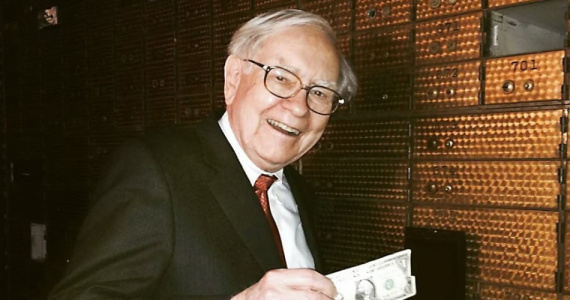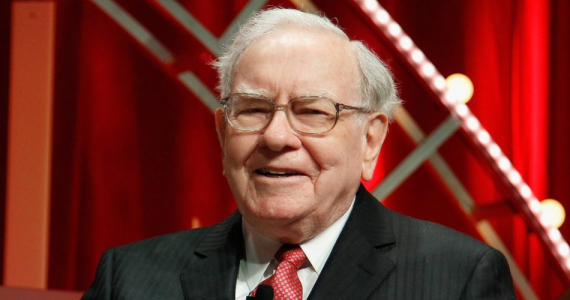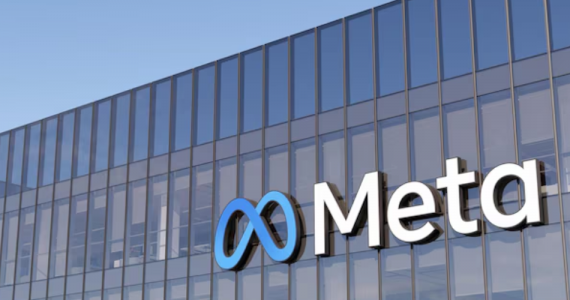People say the craziest things on Twitter which leads to the question: Why does social media make even the smartest and the most powerful individuals to blurt out things that they later have to regret, deny or explain?
No we’re not talking about President Trump here. This is actually about Elon Musk, a powerful entrepreneur and visionary of the 21st century whose twitter post last week sent Tesla’s shareholders in a tizzy.
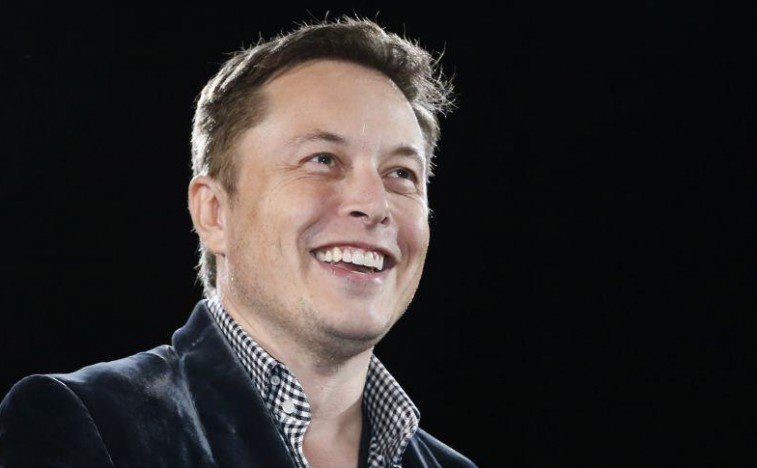
Silver Lake Teams Up With Tesla CEO
On August 7, the CEO and chairman of Tesla wrote on Twitter that he planned on taking his company private by offering shareholders $420 per share or the opportunity to become a private investor.
Going by Musk’s words, it would cost him $80 billion for the acquisition, but the CEO assured his 22 million twitter followers that he already had the ‘funding secured’. But it turns out that he is scrambling to find investors to help him pull-off, what could easily become, the largest buyoff in U.S. history.
Critics have already shut down Musk’s claims by saying that raising $80 billion for the acquisition of a company is extremely overambitious – even for Tesla.
But there is some hope that that Musk might just prove everyone wrong, just like he has many times in the past. One private equity firm named Silver Lake is helping the tech founder realize his ambitions to take Tesla private and shut down Wall Street critics once and for all.
Dell’s 2013 Acquisition
This isn’t the first time Silver Lake is teaming up with a tech CEO to help take a company private. Five years ago, it helped Michael Dell, the founder of Dell Inc. to pull off an expensive buyout deal that cost $24.4 billion. Now, it is working with another big name in the tech industry to realize the same goal.
The news of Silver Lake’s involvement in the electric carmaker Tesla’s acquisition was first reported by New York Times which cited credible sources who claimed to have been directly involved in the deal.
At this point, it seems that the firm’s involvement in the buyout deal is completely voluntary and it hopes to hold a small stake in the company for helping it achieve freedom from stockholders’ harsh criticisms. But even with Silver Lake’s help, it seems highly unlikely that the deal could take place anytime in the near future.
Insiders report that Musk is hopeful that the firm’s part experience with buyoffs will come in handy in achieving his privatization goal. But while Tesla’s potential buyout does have some similarities to Dell’s buyoff, there are also some stark differences that set the two deals apart.
The similarities
While Tesla has faced major criticism from public shareholders in the past over its performance and potential to compete against some of the biggest players in the auto industry, it isn’t the only company that has been intensely scrutinized on the Wall Street.
In 2013, just before going private, Dell faced similar questions from shareholders who said that, once known as the world’s biggest PC maker, it had now fallen behind other competitors. In the midst of falling share prices, profit margins and investors’ trust, Michael Dell made the difficult decision to take his company private.
Another similarity between the two deals is that both CEOs have a substantial stake in their companies. At the time of Dell’s acquisition, Michael Dell owned 16% stake in his firm while Musk currently owns 20% in Tesla.
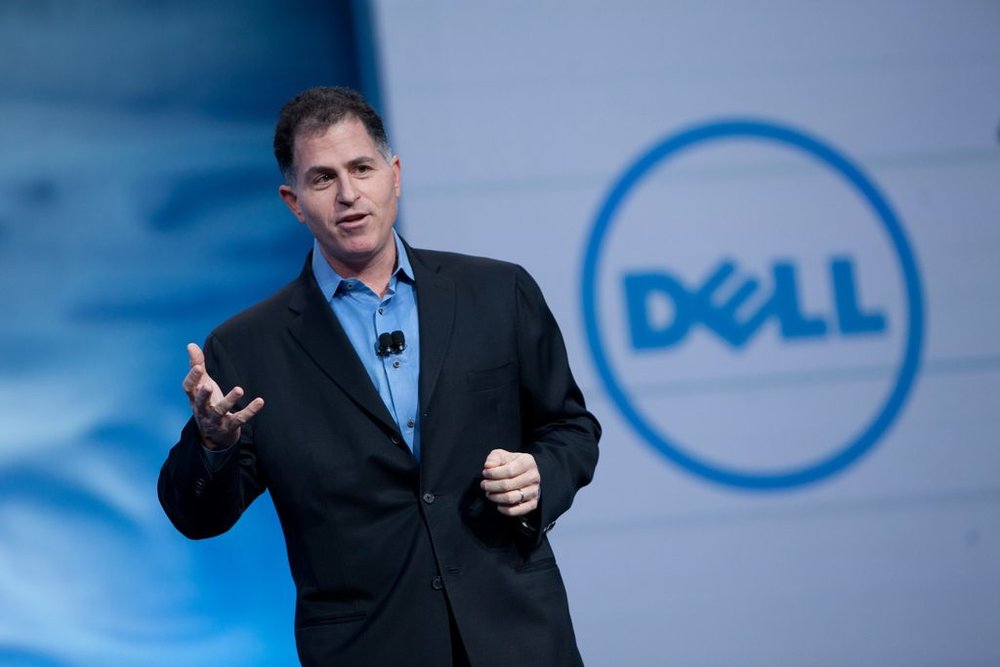
The differences
Dell had to take a hefty loan of $15 billion at the time of its buyout, but despite its stagnating profits, the company has managed to generate enough money over the past five years to support its loan payments. Tesla, on the other hand, hasn’t turned profit for a single year since it was created which means that its chances of acquiring a large loan are very slim – even Musk himself has admitted that he can’t rely on debt to fund the acquisition.
The only way he can pull off the deal is by taking plenty of equity partners with deep pockets on board. Silver Lake could possibly lend a few billion dollars to the company but it will be far from enough to fulfill the transaction. The firm’s biggest equity contribution in history was $2.5 billion to help Broadcom acquire Qualcomm in a bid that didn’t succeed.



